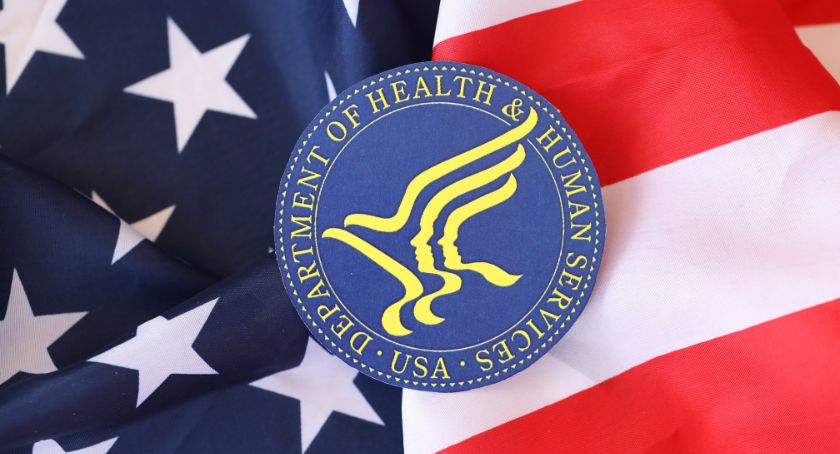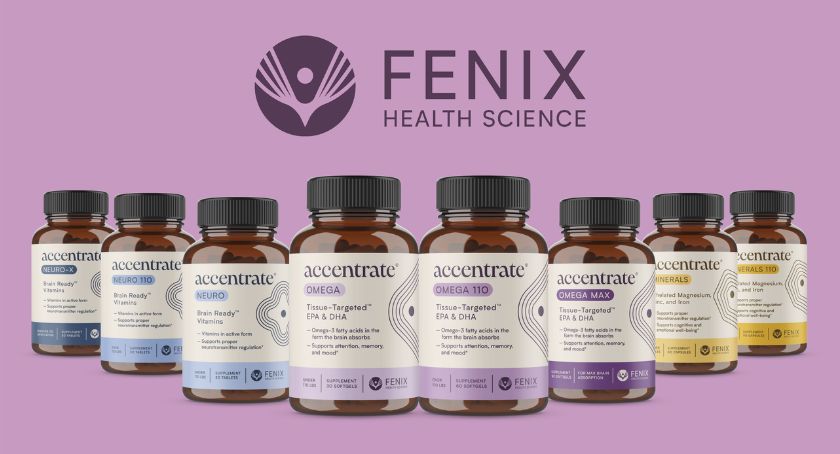Exclusives
Re-Launching the Dietary Supplement Caucus
The supplement industry looks forward to engaging with members of Congress to promote a better understanding of supplements and the industry that produces them them.

By: Joanna Cosgrove
The 112th Congress recently welcomed the relaunch of the Congressional Dietary Supplement Caucus. The caucus—an informal, bipartisan group of members, which facilitate discussions among lawmakers about the benefits of dietary supplements, provide tips and insights for better health and wellness and promote research into the healthcare savings provided by dietary supplements—brings Congressional attention to the role of supplements in health promotion and disease prevention, and addresses the regulation of the supplement industry.
Serving as co-chairs for this term’s caucus are: Senators Orrin Hatch (R-UT) and Tom Harkin (D-IA), and Representatives Dan Burton (R-IN), Jason Chaffetz (R-UT), Jared Polis (D-CO) and Frank Pallone (D-NJ).
An encouraging aspect of this caucus is that it is both bicameral as well as bipartisan, a fact that John Gay, executive director and CEO of the Natural Products Association (NPA), Washington, D.C., said demonstrated “the recognition of the growing importance of dietary supplements on Capitol Hill.”
Working in tandem with the Council for Responsible Nutrition (CRN), Washington, D.C., Mr. Gay said the NPA will advocate for the rights of consumers to have access to products that will maintain and improve their health, including dietary supplements, and the rights of retailers and manufacturers to provide those products.
To that end, Mr. Gay said NPA and the dietary supplement industry are actively engaging with members of Congress in a variety of innovative ways. As part of its advocacy, earlier this month NPA hosted its annual Natural Products Day in Washington, D.C., which afforded NPA members and others with industry ties to meet with members of Congress. “A wide range of retailers, manufacturers and suppliers met with members of Congress and their staffs about the industry and NPA’s legislative priorities,” he said. “During their meetings, lawmakers were educated about the extensive regulatory structure governing dietary supplements, as well as the health and economic benefits of the industry.”
In addition to visits to the Congressional offices of industry champions, key committee members, and newly-elected representatives and senators, in January NPA launched the NPA Fact of the Week e-mail to the legislative aides who handle health issues for Congressional offices. “We have seen open rates between 18-35% for each e-mail, an outstanding result that shows the importance of dietary supplement and health issues with members of Congress,” commented Mr. Gay.
The first caucus briefing was recently held and when it comes to what the year ahead holds, the discussions among lawmakers, both Republicans and Democrats from the House and Senate, will likely call attention to the far-reaching health benefits and cost savings of dietary supplements, as well as ways to address supplement industry regulation.
“It is early in the legislative year, so the caucus has not yet focused on any particular piece of legislation, however, NPA raised two potential bills during Natural Products Day,” explained Mr. Gay. “First, we are asking Congress to support the Tax Equity for Meal Replacements and Supplements Act, which would allow Flexible Spending Account (FSA) dollars to be used for supplements and meal replacements that are permitted to make health claims. Second, lawmakers are asked to oppose the Dehydroepiandrosterone (DHEA) Abuse Reduction Act, which would needlessly place DHEA behind the counter, providing no benefit to consumers.”
But as this point, the eventual fruits born of this term’s caucus are still unclear. “There are more than 100 newly-elected representatives and senators in the 112th Congress,” Mr. Gay pointed out. “One of our challenges is simply bringing them up to speed about the economic value and health benefits of our industry. We also want to make sure they recognize that dietary supplements are well-regulated by the government, contrary to a lot of spin in the media. NPA remains concerned that Congress could pass legislation harmful to the industry.”
In addition, the activities of Congressional committees are also cause for concern. “It was the Senate Aging Committee that asked the Government Accountability Office (GAO) to perform their investigation of the supplement industry,” said Mr. Gay. “The report served as the centerpiece of a 2010 hearing, and follow-up hearings are always a possibility. With Congress potentially less active on creating new laws, we can expect more activity from federal regulators. We expect that FDA and FTC will continue to increase their level of enforcement.
“Our issues never ‘go away,’” he concluded. “We all need to stay vigilant to any potential threats, and continue to look for opportunities to make progress.”





















